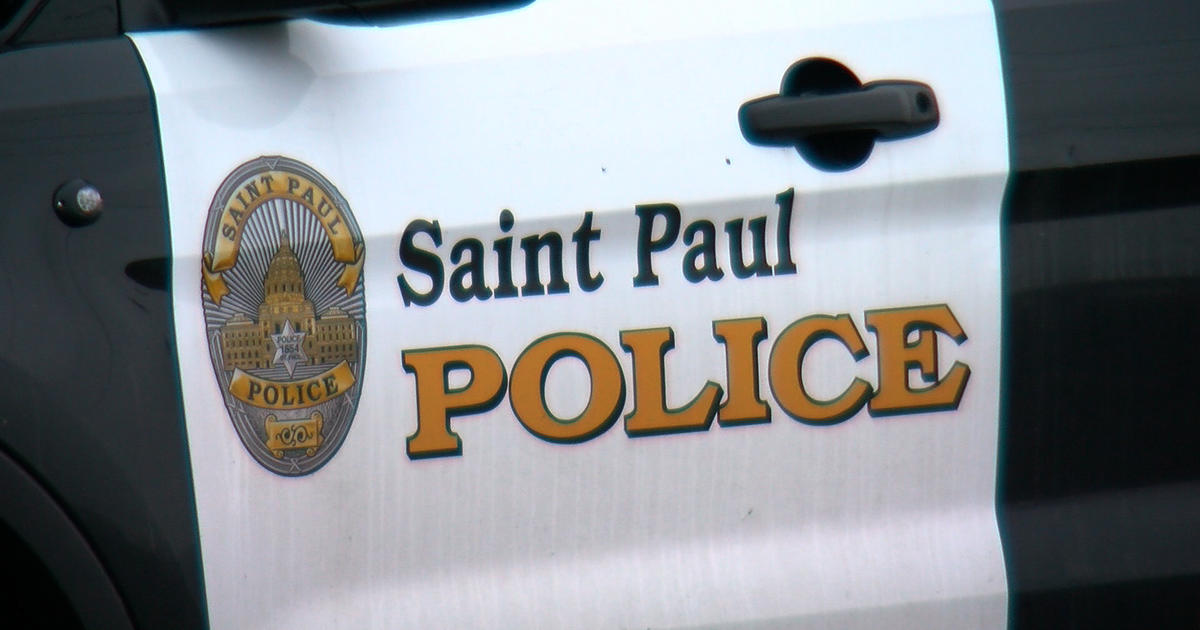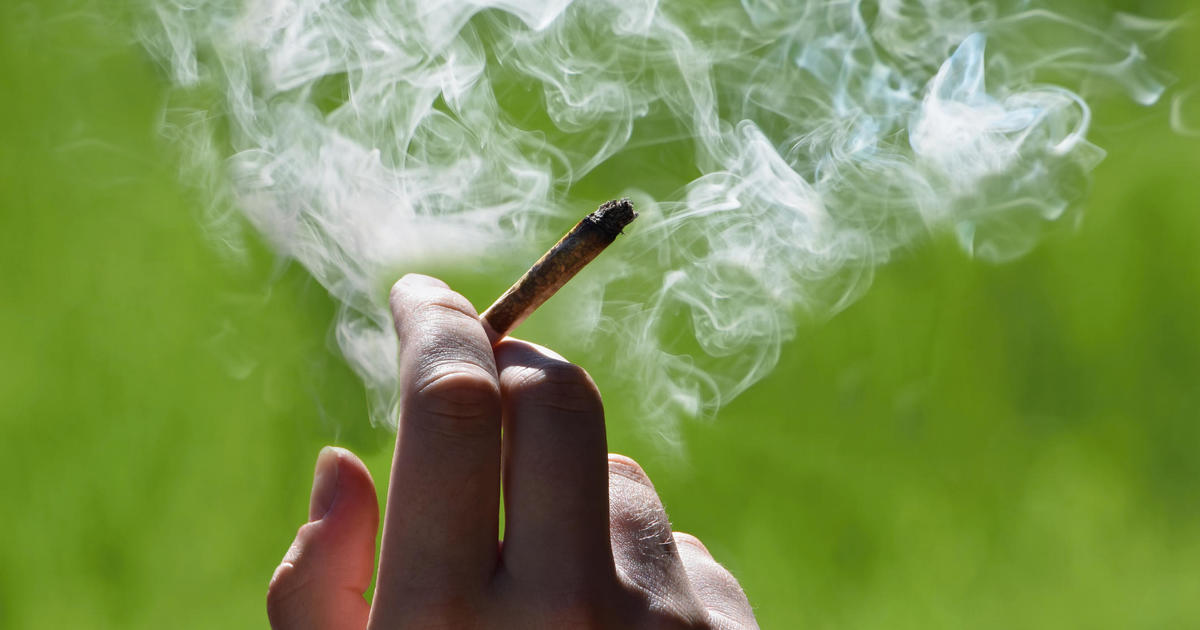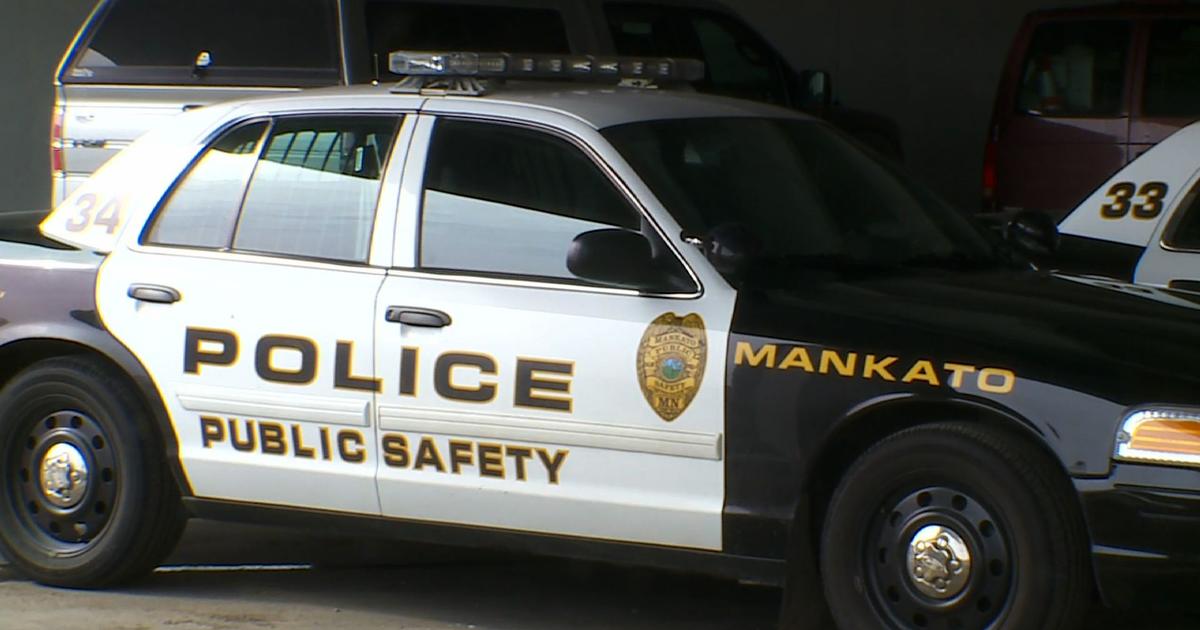West St. Paul PD Begins Wellness Check-Ins For All Police Officers
MINNEAPOLIS (WCCO) -- Physical health has always been important for police officers. But their mental health is now top of mind for one Twin Cities department.
"How can you as a cop be expected to handle everybody's issue if you're not handling your own?" asked Officer Patrick McCarty of the West St. Paul Police Department.
Officers in West St. Paul are now mandated to meet with a therapist. They're getting help with not only their police needs, but also their personal ones. A stark contrast to 12 years ago, when one of the department's officers fell through the cracks after a traumatic day at work.
It was May 2007, an officer responding to a bank robbery was taken hostage and the gunman threatened to shoot. After an intense standoff, the suspect is shot and killed by another officer. The one held hostage eventually went back to work as usual.
"The officer that was held hostage, we never did anything for him," said Lt. Matt Swenke, West St. Paul Police.
Swenke says that officer was never offered counseling or mental support to deal with the trauma from that day.
"You saw a drastic change in that officer and we kind of failed that officer during that time," he said.
Since then there has been a renewed focus on officers' state of mind. This spring, all 34 West St. Paul police officers began wellness check-ins. They meet with therapists for one hour, on the clock and can talk about anything that's bothering them.
"We all struggle with situations in life whether it'd be divorce, whether an adolescent child that you just can't parent the way you want, a career that is not going the way you want and you need some professional help to deal with it," Lt. Swenke said.
The check-ins are mandatory and not documented, easing any fears of having a record or a diagnosis that might be used against them.
"Being a cop is such an emotionally stressful job with everything they deal with," said Erin Pash, Ellie Family Services.
Pash designed the program after seeing the need in her own office.
"I got a random referral for a cop. I started seeing him and we got a nice report and then I got another referral for a state trooper and then I got another referral and it was for another cop," she said.
McCarty says the check-in has helped when he's off duty. "
My mental health doesn't just affect me right, it affects my family, it affects my wife," he said. "If you can go and sit down with somebody and figure out one way, even if nothing bothers you, you're the perfect specimen, nothing bothers you, and you can use it to help someone on the street that's awesome."
Pash says that is what she hopes happens, the officers will use what she teaches them not only for themselves but also those who call 911 for help.
"When they see someone dysregulated they think they need to be calm and that's actually not true, when you see somebody dysregulated you need to validate they're having a feeling," she said. "So when someone says 'I don't understand, this is crazy' you are supposed to say 'you're right, this is crazy'."
It's seeing a police officer as a person first, so they can best serve those they're called to protect.
"Officers look at themselves as the ones who are called by people in crisis who need help, we are the strong, they are the weak kind of thing, it's self-reflection, I have an issue to deal with it," Swenke said.
Right now, the officers are only mandated to have a wellness check once a year, because of budget constraints. The department hopes to expand it in the future.



